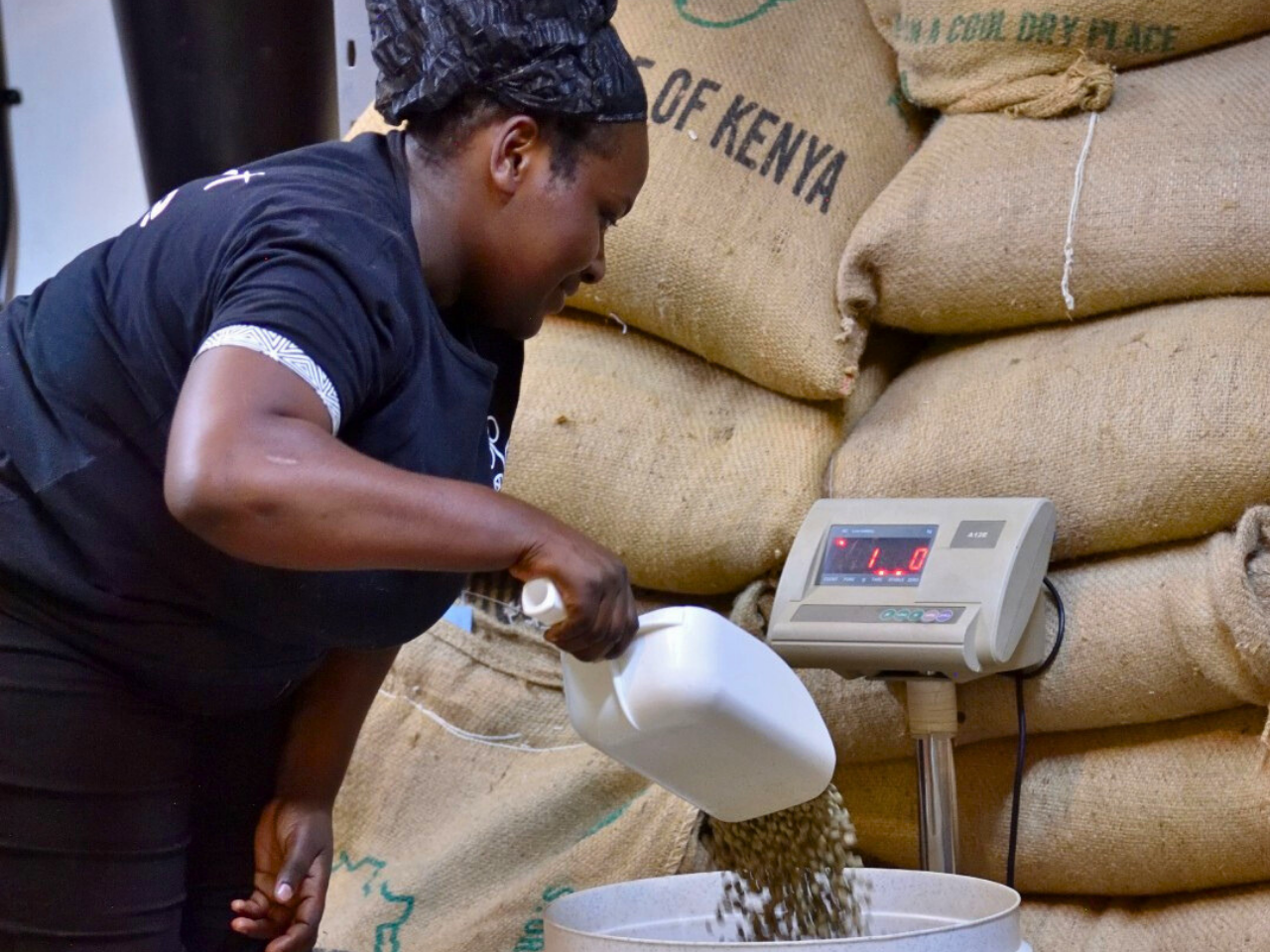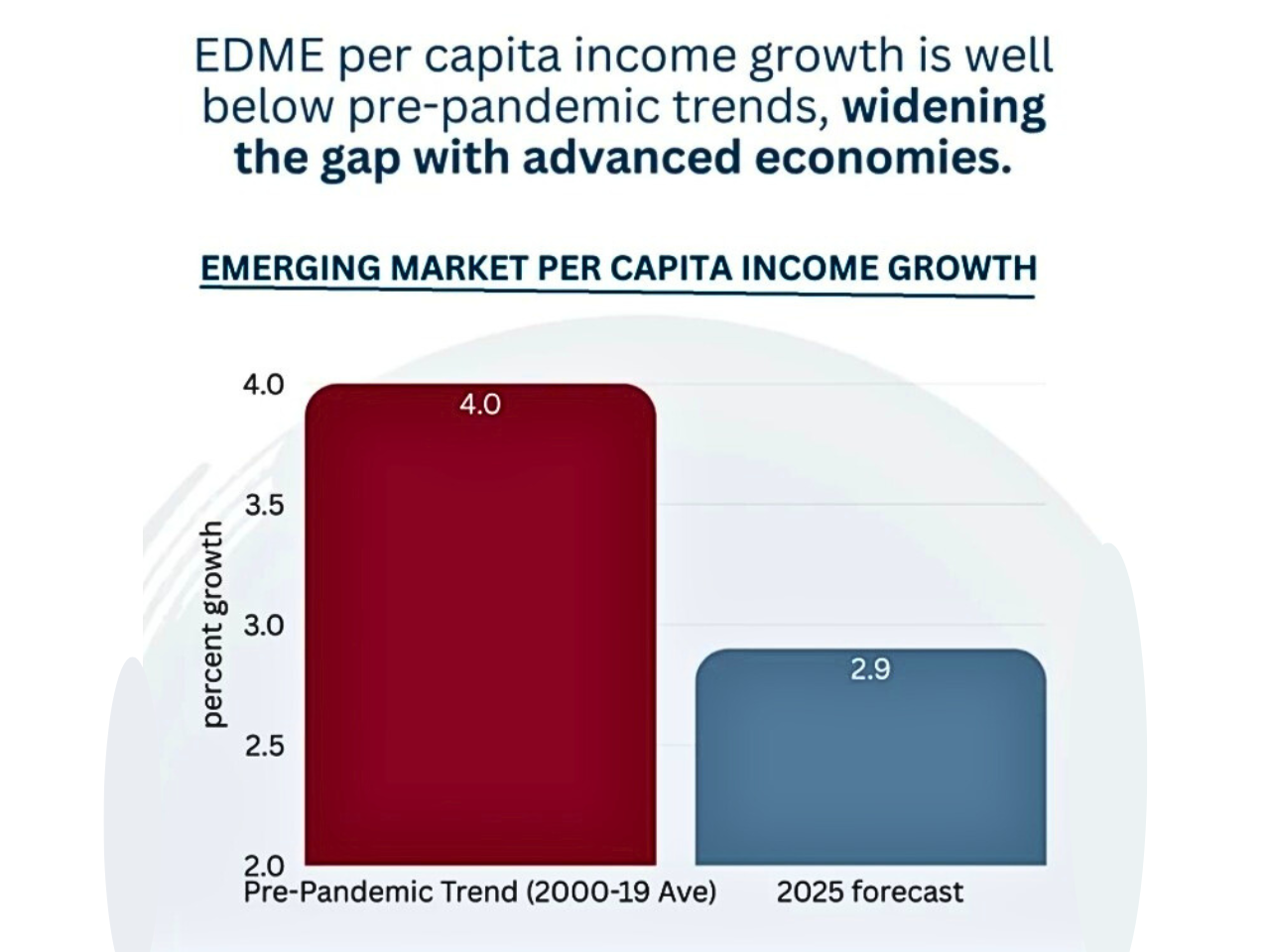Food Safety: The Key to Unlocking Africa's Agricultural Potential and Economic Growth
Strict and inflexible food safety rules are the basic measures that can stop the complex food chain from getting contaminated. This chain connects farmers to consumers. Foodborne diseases remain the primary cause of the global burden of disease despite the progress in technology and the implementation of tighter standards. The WHO data show that foodborne diseases affect 600 million people each year globally, of which Africa accounts for 91 million cases and 137,000 deaths. Food safety is a public health issue, but the act of food safety also represents lost chances for economic and social development. Agriculture and agribusiness also provide opportunities to avoid food-borne illnesses, and when improperly regulated, food safety can provide obstacles to success, whether it is limiting access to global markets, limiting consumer certainty, or limiting potential for farmers and agribusiness.
In fact, if all of Africa were able to increase its food safety systems to be comparable to global best practices, there would be new trading opportunities, and frameworks like the African Continental Free Trade Area (AFCFTA) would provide the adaptability needed for harmonizing policies around cross-border trading opportunities. The International Finance Corporation (IFC), which is a World Bank Group organization, cites food safety as a productive target for investment and advisory services. In FY2023, IFC invested $4.8 billion worldwide in agribusiness projects, which will develop value chains and encourage innovation. Agro-processing and retail companies have benefited from IFC’s Global Food Safety Advisory Program by increasing their standards, which has generated $600 million in additional investment and $700 million in additional sales. This has been done with Government of Canada funding through the Facility for Resilient Food Systems (FRFS), which supports food safety as well as food loss, waste reduction, and food supply chain efficiencies.
IFC’s targeted work in Africa is paying off. As an illustration, 59 agribusinesses have received assistance from IFC’s Africa Food Safety Project in gaining international safety certifications. Together with partnerships, including one that involves the African Union Inter-African Bureau for Animal Resources (AU-IBAR), IFC has further helped with practical tools that enhance national food safety systems and accelerate regional trade. It is evident from daily life scenarios how important food safety is. Spring Valley Coffee is a Kenyan specialty roaster specializing in high-quality coffee basically sourced from Kenya. They manage eight branded cafés, all located in Nairobi. Spring Valley Coffee has developed a strong domestic presence and is now looking to expand into other markets, namely, London. However, commercial presence in Europe requires certifications such as FSSC 22000, which is a safety assurance for all links in the supply chain. As per founder Ritesh Doshi, safety certifications are a must before being considered by potential international buyers. The certifications are not cheap for most businesses, typically small businesses, but they open up export markets, enhance credibility, and allow for sustainable growth.KFC’s background in Kenya further reveals in execution how food safety investment evolves the supply chain. Due to local suppliers’ inability to fulfill stringent international standards, the fast-food chain imported around 90% of its supplies, including chicken, when it initially opened in Kenya in 2011.
Free Membership Register

KFC observed that the cost of imported supplies was expensive, leading them to develop a localization strategy to subsequently focus on sustainably supporting local suppliers over importing food: in 2016, KFC started that localization strategy and provided training and quality assurance support and invested in the suppliers to develop their operations; for example, one supplier invested resources and built a new factory to meet food safety standards. Now, 99 percent of KFC Kenya’s supply chain suppliers are locally sourced, demonstrating how food safety standards can build economic empowerment without necessarily placing reliance on imports. Like the KFC example, government is also critical, as exhibited through Zambia’s food safety policies. Zambia has an extensive range of natural resources and 40 million hectares of fertile land, making it a potential top exporter of agricultural products. Currently, Zambia produces maize, wheat, fruit, and vegetables, and one part of improving food safety standards is to align with the global food safety needs. In 2019, Zambia enacted the Food Safety Act to use the laws on food safety to improve public health and national development through the alignment of Zambian agribusiness with internationally accepted norms. Significant investment in laboratory capacity has weaned the reliance on foreign testing; some laboratories have now upgraded to become regional reference laboratories. Through the partnerships with the IFC and World Bank, Zambia is developing its food safety systems and promoting agribusiness. For example, the IFC is helping Zam Beef, which is one of Zambia’s largest producers, grow. The IFC was growing Zam beef’s operations, supplier linkages, and allowing new biosecurity measures for animal production.
Farmers in Zambia were connected to markets through the Zambia Agribusiness and Trade Project of the World Bank, allowing them to increase their incomes and trade across the region. But officials knew that Zambia needed to expand, invest, and modernize its regional partnerships to become one of Africa’s top safe food producers. These case studies demonstrate the many, broad benefits of food safety. Starting with the health benefits, enhanced food safety standards ensure less food safety illness and that lives are saved. Companies gain value from aggregate investment, increased consumer confidence, and new market development related to certification and compliance. Users are required to comply with international standards to gain market access to high-value markets, such as the EU, UK, and North America. Food safety adds to local supply chains, retrains local labour and provides employment opportunities in a larger socioeconomic context. Economically, food safety builds resilience for agricultural businesses, increases GDP value, and enhances food security for any country. Overall, food safety is more than compliance: a safe food system means healthier people, stronger businesses, and better trading. The African experience suggests that there is a significant return on investment when, with the assistance of the IFC, the World Bank, and governments in Africa, food safety is prioritized. Whether small businesses such as Spring Valley Coffee embark on the journey to export, multinationals such as KFC develop local supply chains in Africa, or governments such as Zambia embed food safety into their policies, food safety is laying a foundation for the future of Africa’s agriculture and health. When countries and businesses up and down the supply chain prioritize food safety, they improve the lot of their peoples and, thereby, their own future, as well as enhance global competitiveness.
Latest Explained
Rural Areas Left Behind: 44% of World Lives Without Access to Basic Necessities
Over the last sixty years, the world has encountered dramatic demographic change. Since 1960, the percentage of people living in rural areas has steadily declined due to the expansion of cities and the overall advance and speed of urbanization globally. In 2008, the majority of the world lived in rural areas while they maintained their lives, but without warning, worldwide populated urban areas dramatically increased their majority share
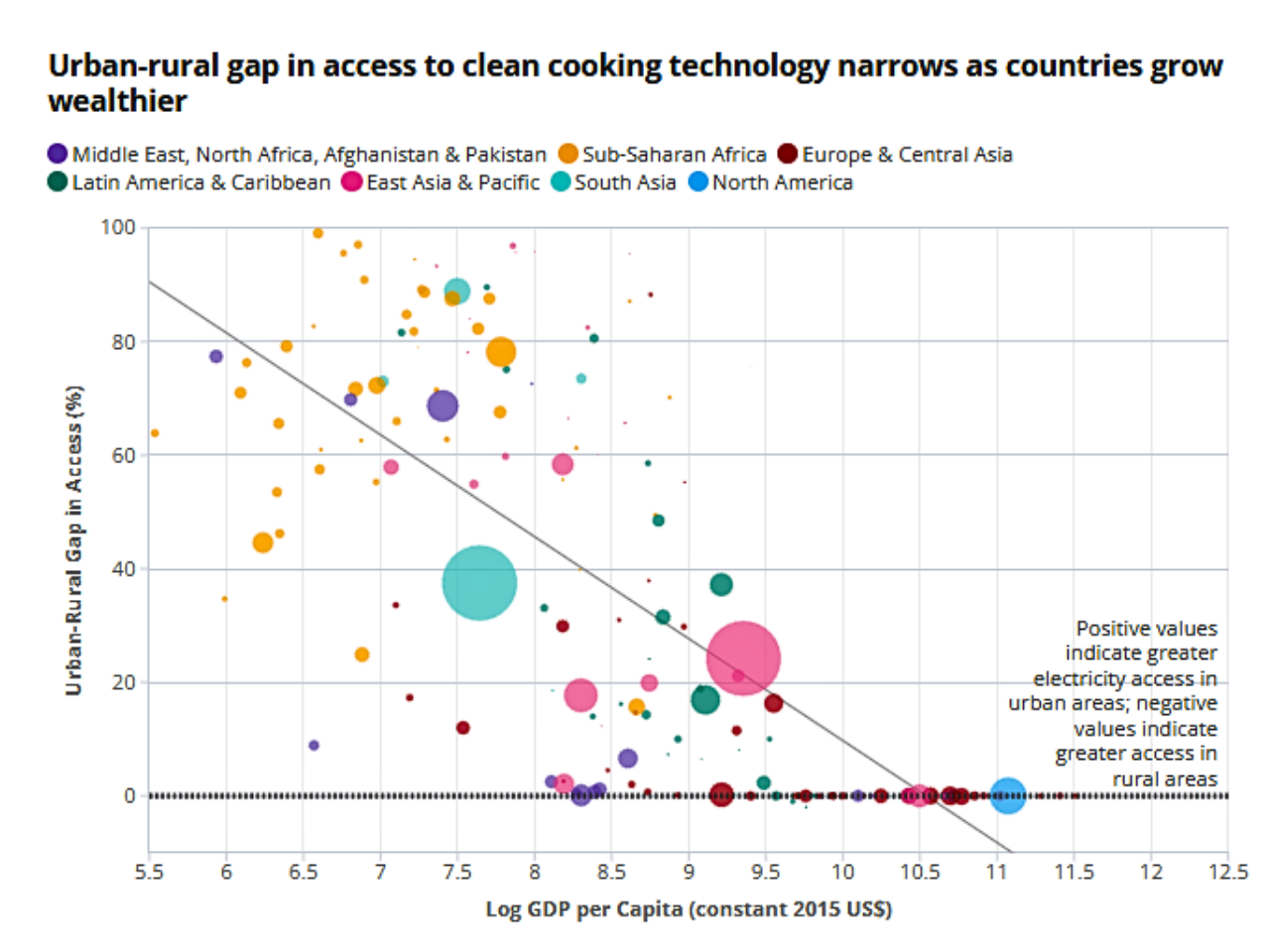
Philippines' Aging Population Set to Double by 2050: Can the Country Keep Pace?
The Philippines is in demand for a demographic change that will reopen the priorities of its economy, society, and public policy. The number of old Filipinos is expected to double by the year 2050, which creates pressure on the nation’s health care systems, elderly care services, and pension schemes
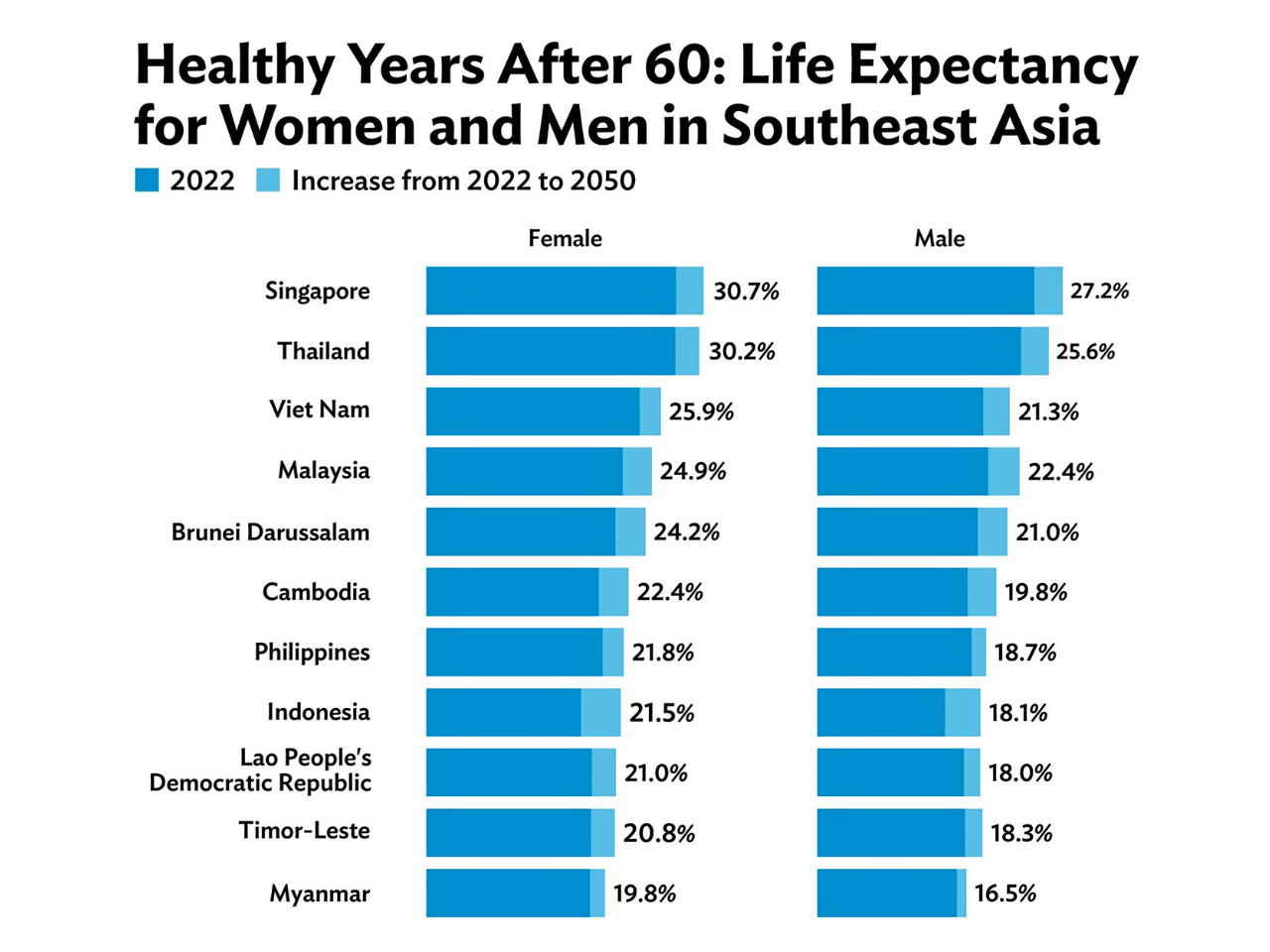
Climate Change Threatens Global Health & Poverty: Urgent Action Needed
Climate issues such as heat stress, diarrhea, malaria, and hunger can cause 250,000 deaths a year between 2030 and 2050, which challenges an important frame of adaptation. The fee, including only health systems and other areas such as agriculture and hygiene, is expected to reach USD $2 to 4 billion annually by 2030. The countries most at risk will be those that are developing countries, as they will have further weakened health systems
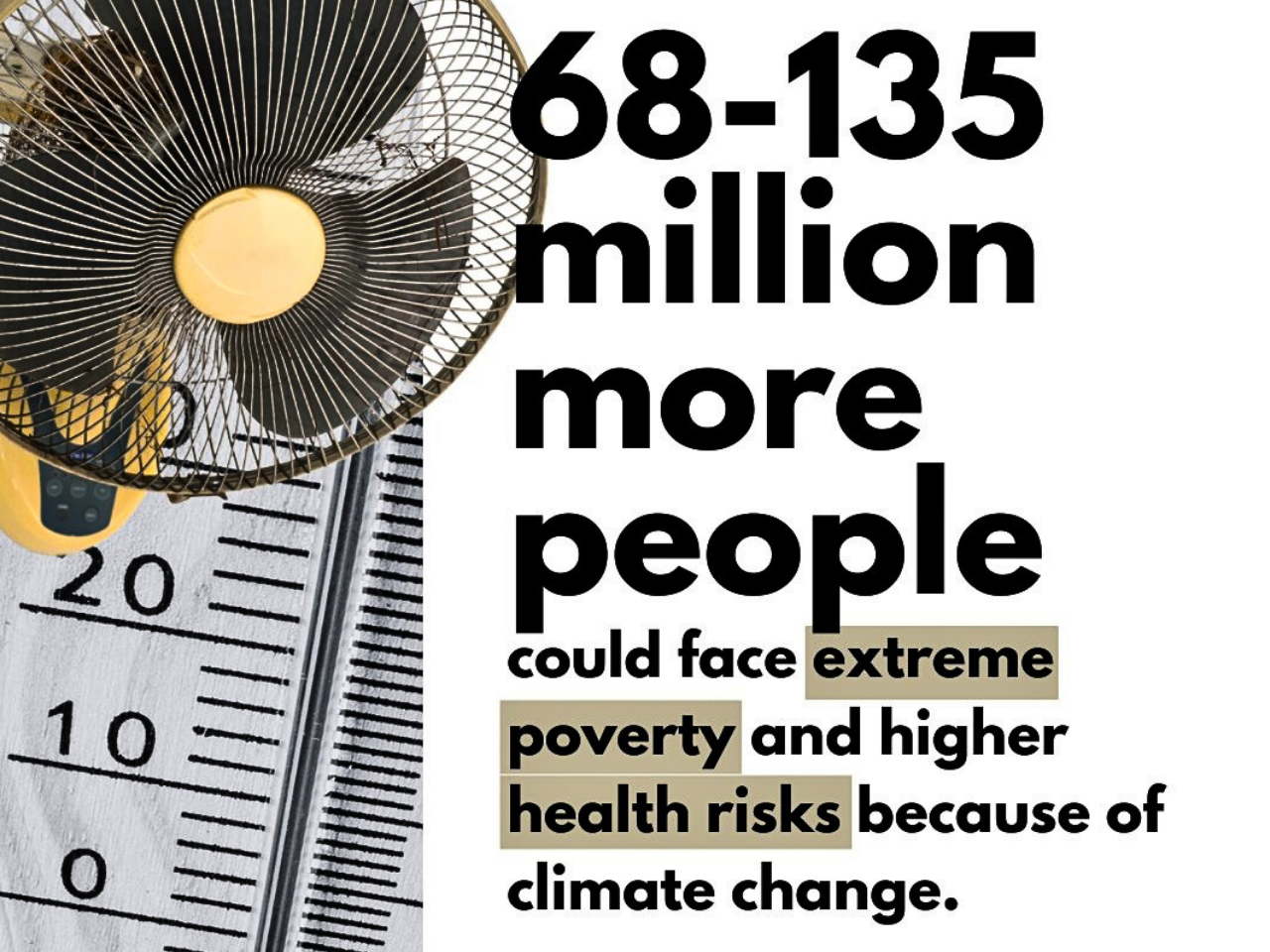
The Rising Cost of Nutrition: Can everyone afford a healthy diet?
The (SOFI) report of 2025 says that low-income nations, especially those in Sub-Saharan Africa, need to become a global movement towards more affordable, healthy diets. Based on the report, even if the global average price of a healthy meal increases to $4.46 per individual per day in 2024, only 48.8 million fewer individuals would still not be in a position to afford it, leaving close to 2.6 billion individuals in poverty
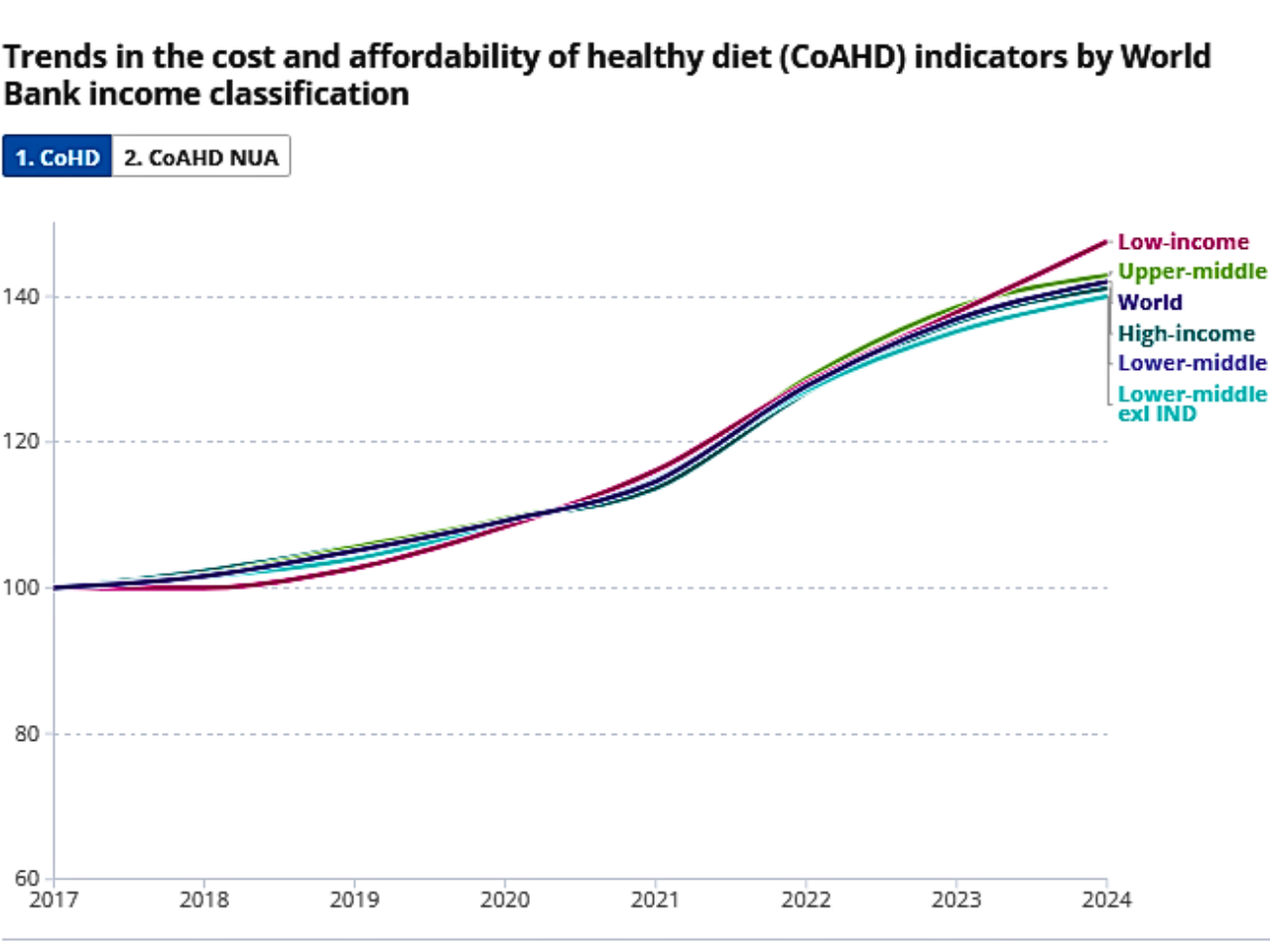
Blended Finance: Bridging Fragmented Aid and Development Needs
The International Development Association (IDA), sees more than 90% of its financing go through national budgets and gets each donor dollar to translate into $3 to $4 in tangible results, representing the importance of scale and management
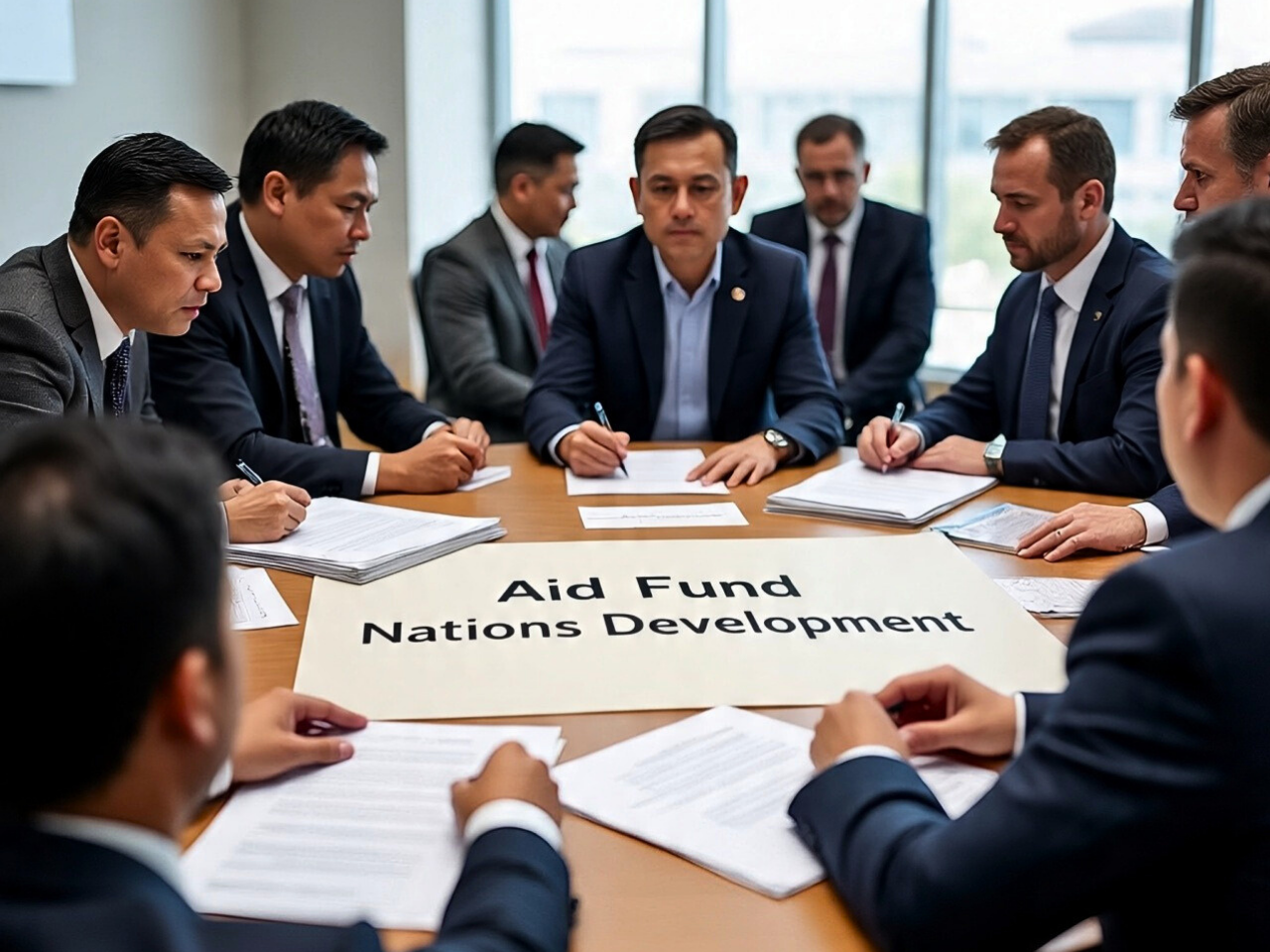
Economy growing fast, but youth employment isn't keeping up
Youth unemployment remains high across many pats of Asia and the Pacific unemployment rates, 2025. Young people are willing and able to work but do not get jobs; they face many struggles and obstacles in the world


